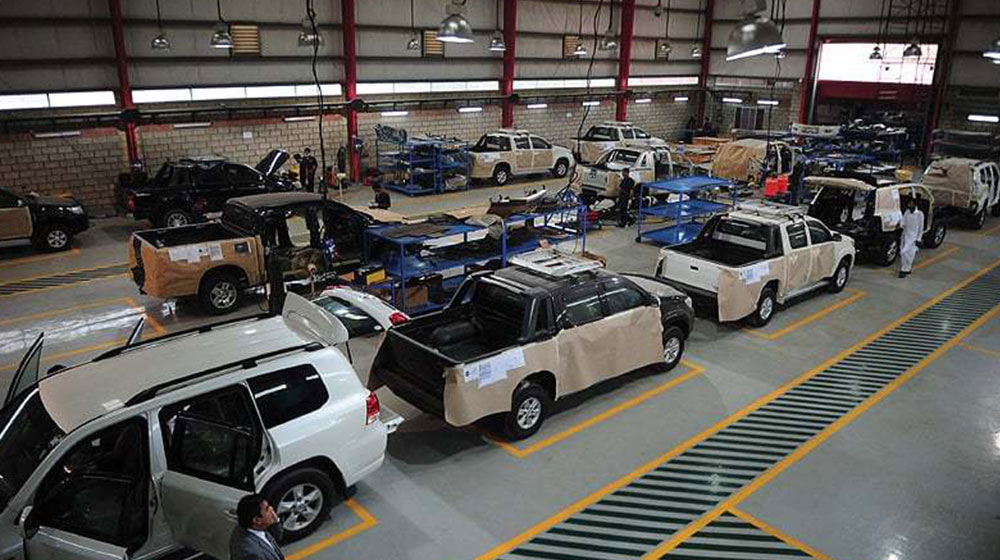Pakistan’s large-scale manufacturing industries’ (LSMIs) output in May 2020 plunged by 24.80 percent year-on-year as almost all the major manufacturing sectors posted negative growth, according to the data released by the Pakistan Bureau of Statistics (PBS).
Cumulatively, during the first eleven months, the overall output of LSMI decreased by 10.32% for July-May, 2019-20 compared to July-May 2018-19.
LSM saw a huge fall during the last few months considering the COVID-19 lockdown. The closure of local as well as international markets led to the cancellation of orders. However, when the lockdown was lifted, some industries resumed their operations in order to meet the slowly growing demand.
The LSMI output, however, increased by 20.50% for May 2020 as compared to April 2020. It is worth mentioning that even before the pandemic, the industry output was low.
A.A.H Soomro, managing director at Khadim Ali Shah Bukhari Securities told ProPakistani,
May’s number were the bottom from all the aspects. June’s number should be upward trending. The entire country was nearly shut down in April & May.
The sectors which saw an increase in production were fertilizers (3.80%) pharmaceuticals (5.15%) and food, beverages & tobacco (0.36%) during May 2020 as compared with May 2019.
The decline in output in May as compared with the previous year was triggered by wood products, that contracted by 89.60%, followed by electronics (81.60%), automobiles (79.02%), followed by engineering products (66.35%), leather products (53.90%), nonmetallic mineral products (36.19%), iron and steel products (31.16%), textile (30.45%), chemicals (27.60%), and coke and petroleum products (18.20%).
According to the Pakistan Bureau of Statistics, the fourth quarter’s output has been estimated by keeping in view the lockdown situation faced by the industries due to COVID-19. A significant impact has been observed in the manufacturing sector, particularly Large-Scale manufacturing and Small-Scale Manufacturing.
The rupee depreciated during the fiscal which increased the cost structure of industries in general and for others relying on imported raw materials in particular.
Furthermore, the policy rate was kept high to contain inflation which discouraged investment but later on the State Bank had announced cuts in interest rates to provide ease to the industries in Pakistan however, subdued demand further hampered the overall production and performance of the industry.
According to the latest economic survey of Pakistan, the manufacturing sector is the driver of economic growth due to its forward and backward linkages with other sectors of the economy.

























